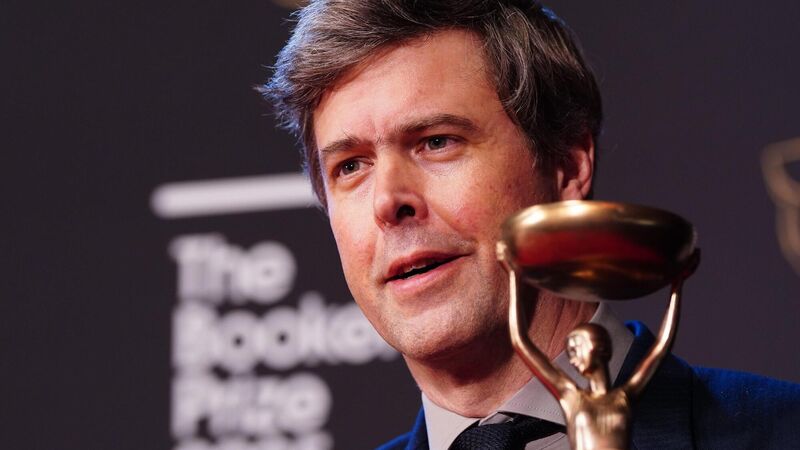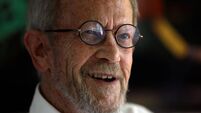Colin Sheridan: The Booker shows what we're willing to celebrate — a new, questioning, masculinity

David Szalay's 'Flesh', winner of the 2025 Booker Prize. The brilliance of the novel — what judges called its 'singularity' — lies in how it refuses the old macho tropes while borrowing their scaffolding. Picture: Ian West/PA
In the wake of by David Szalay claiming the 2025 Booker Prize, one can’t help asking: Have we finally halted the slow collapse of masculinity in literature?
Was that supposed decline simply a ruse, or simply another correction, perhaps even an over-correction, in an industry long overdue for one?
BOOKS & MORE
Check out our Books Hub where you will find the latest news, reviews, features, opinions and analysis on all things books from the Irish Examiner's team of specialist writers, columnists and contributors.
















